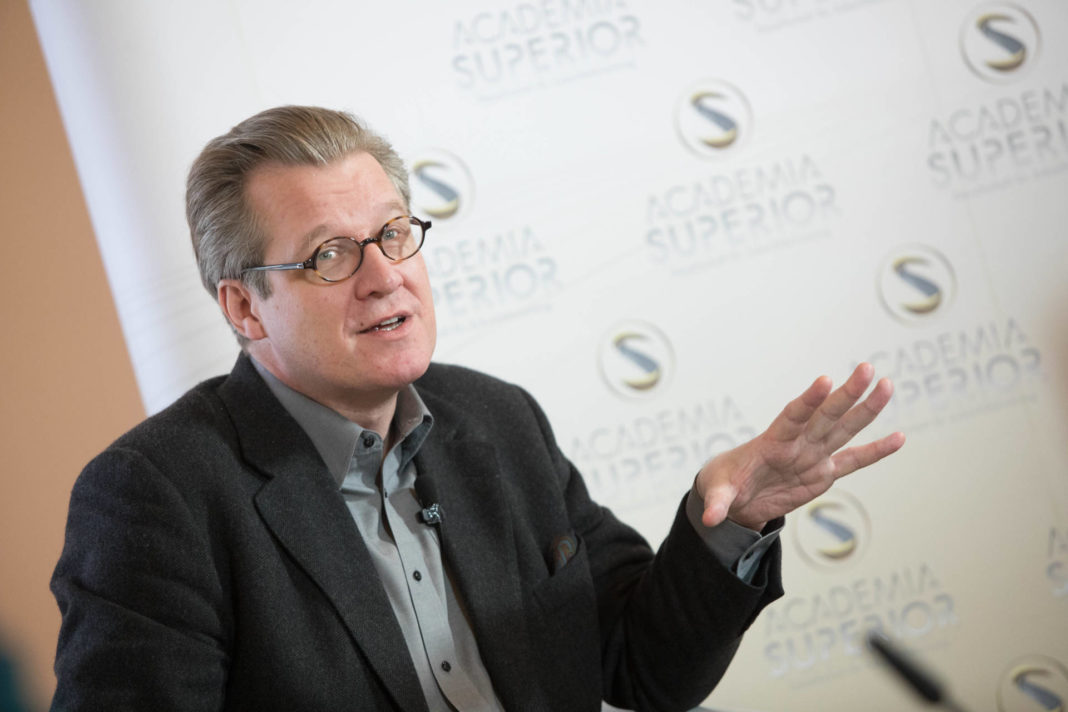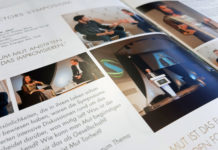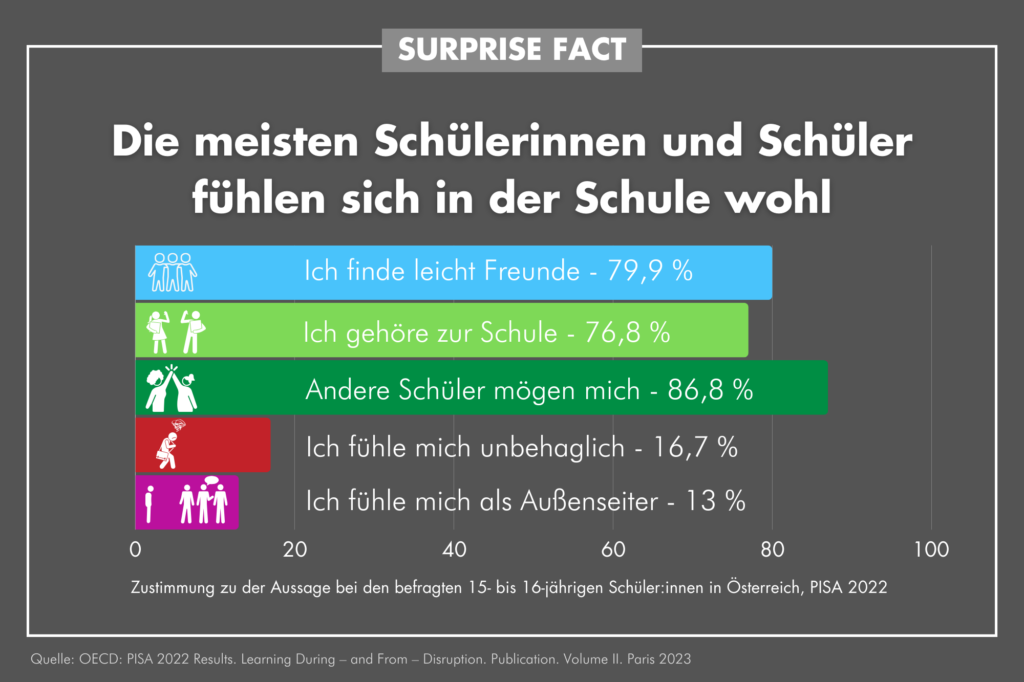Three distinct personalities, three very different experiences, three perspectives on courage. During our conversations it emerged that courage can mean different things to different people.
What struck me most about speaking to Manal al-Sharif is how personal, perhaps how intimate our perceptions of courage tend to be. Having defied the customs of a country known for its brutal punishments and braved potentially disastrous consequences, her own definition of courage was strictly internal. She had changed who she was herself, challenged the beliefs she had held dear, the beliefs of her family and her community and discovered a whole new world of argument and possibilities. That, to her mind, was far more courageous than driving a car against the instructions of the government, than arrest and imprisonment.
„THE MOST DIFFICULT KIND OF COURAGE IS TO LOOK REALITY IN THE EYE.”
There are, however, also people who believe that it is right to act on their hatred of others, that it is glorious to die on the battlefield – and to kill. Is there anything that divides their opinions from those who believe that we must be courageous in building peace, in opening up and maintaining dialogue, in respecting others even if we disagree with them in the most fundamental way?
What then is courage? Is it valuable in itself? Can a suicide bomber be courageous? Can a terrorist? And would he seem courageous if we saw him as a resistance fighter dying for a great cause we ourselves espouse? This ambivalence was borne out by the young Palestinian-Syrian pianist Aeham Ahmad, who confronted us with the necessity of courageous choices in situations of existential danger – and with their double-edged consequences. Having risked his own life to play in the ruins, he was aware that his possibly reckless actions might have deprived his wife of a husband and his sons of a father. Once, he told, a little girl listened to him playing and was shot dead by a sniper in front of him. This experience continues to haunt him.
„TODAY, IN EUROPE WE ARE TOLD TO BE CRITICAL, NOT TO BE COURAGEOUS.”
Aeham Ahmad also shone a light on the complacency of rich and peaceful societies in dealing not only with convenient heroines and heroes, but also with the situations that create them. He spoke about the German mind, transforming his desparate story into a poetic act of heroism in which he did not recognize himself. It was obvious that he was uncomfortable at the thought of his story being commodified for the benefit of people in the country which had accepted him.
Filmmaker Stefan Ruzowitzky echoed these concerns. He is fascinated by the psychological aspects of courage versus conformity, as he explained. Were soldiers who chose to participate in mass murder just to gain their respect of their peers inherently violent criminals or were they simply everyday people who needed to conform, even if the norm they wanted to conform to was inhuman?
Conformity clearly occupies an important space in any functioning society, Stefan Ruzowitzky analyzed, but at the same time, no society could ever advance without those who deviate from the beaten track to try to find new pathways. How is it possible to foster such a courage? Part of the answer must lie in storytelling, he says. Stories give us frameworks for our actions, even our emotions. They are the medium dramatizing the principles and values which will or will not be enacted in a moment of need.
„FOR AN ACT OF COURAGE THERE IS NO MANUAL.”
What makes courage valuable to society, then, is not overcoming fear itself, but overcoming it for reasons reflecting the values of a society, or a community. The young soldiers who went to their deaths in World War I did so courageously and convinced that they were right, that theirs was the only moral course of action.
As liberal democracies are coming under threat from those who pursue alternative models of governance and different ways of looking at humanity we must celebrate the courage of standing up to these forces, but we must also examine which principles are guiding our actions, and what they may lead to. Manal al-Sharif reminds us of this crucial distinction, and of the importance of tolerance, of openness to change, and of standing up for the idea of an open society.
Aeham Ahmad introduced a surprising thought. As a musician, the concept of improvisation is particularly important for him. Improvisation is only successful if instant decisions are based on a solid technique and on experience. The stronger the technique, the more a musician can afford to trust the moment, to be free.
Courage and risk-taking need practice, need to build on a repertoire of experience. While it is easy to romanticize the courageous acts of others, it is always difficult to identify and to enact the need to be courageous at any given moment. Aeham Ahmad’s idea of improvisation, 80 % technique and 20 % freedom, may not be applicable only to musicians. Perhaps courage needs to be practiced.
Is it possible to practice courage in societies which reward conformity? How can we learn to trust the voice of our moral instincts if we are at the same time encouraged to construct our identities according to consumer decisions and our belonging to commercial tribes?
Once again, we were faced with the question which values underpin our actions. Courage makes us overcome fear and conformity in order to act according to our principles or aspirations. These principles ultimately determine whether courage can be a force for good.







